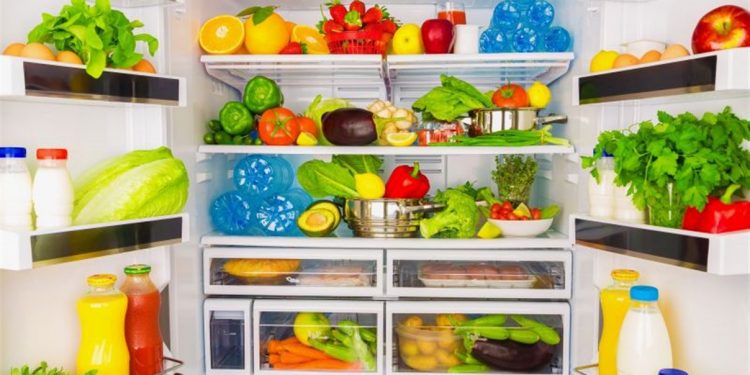Agencies-Gaza post
Housewives are currently kept fruits and vegetables in preparation for Ramadan, putting them in the freezer to keep them for long periods of time, up until the end of the holy month.
However, this does not apply to all foods, since there are a few things that should not be frozen in order to protect your body and health:
Vegetables
Salad ingredients should not be frozen in the freezer, according to the webteb, because they contain a lot of water, which might harm them and make them unusable.
Cucumbers, tomatoes, radishes, lettuce, celery, cauliflower, eggplant, and potatoes all fall into this category since they contain a high proportion of water and, when frozen and thawed again, become soft and lose their distinct flavor.
Fruit
Fruits with a lot of water, such as oranges, and tangerines, freeze and cause damage when they are thawed.
Yogurt
Freezing yogurt is not recommended because ice forms on these items when they are placed in the freezer, and when they are removed from the freezer, the ice melts, leaving a liquid that covers the yogurt, affecting its taste and quality.
Foods that have been baked or fried
Baked items, sweets, and fried dishes should not be frozen since their texture will be lost and they will become moist and wet.
Freezing eggs is also not recommended since the liquid inside expands, causing the shell to fracture and become more sensitive to infection, resulting in a variety of health problems when consumed.
Beef that hasn’t been frozen:
Meat that has been thawed: should not be re-frozen after it has been removed from the freezer since it creates a fertile habitat for hazardous bacteria to thrive, and the alternative is to cook it and then store it in the refrigerator for consumption the next day.

















